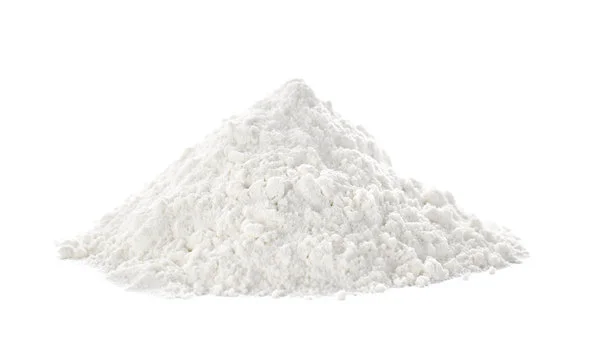IUPAC Name
Ammonium Polyphosphate
Cas Number
68333-79-9
HS Code
2835.39.00
Formula
(NH4PO3)n
Appearance
White Powder
Common Names
Exolit AP 422, FR CROS 484, APP
Packaging
25 Kg Plastic Woven Bags
Brief Overview
Ammonium Polyphosphate (APP) is a fully water-soluble phosphate widely employed in plant applications. It is an ammonia and polyphosphoric acid-derived inorganic salt with a variable and branched chain length. Short-chain APP is more water-sensitive and less stable than longer-chain varieties. Two primary types exist: Crystal Phase 1 APP with a linear structure and Crystal Phase 11 APP with a branched structure. APP is environmentally safe and non-toxic, finding use as a flame retardant that, due to its distinctive intumescence mechanism, does not produce smoke.
Manufacturing Process
APP is produced through the reaction of concentrated phosphoric acid with ammonia. However, impurities containing iron and aluminum dissolve in concentrated phosphoric acid, leading to the formation of gelatinous precipitates in APP. In industrial settings, APP is synthesized through polycondensation involving monoammonium phosphate and urea.
Agriculture Industry
APP serves as a source of phosphorus and nitrogen in fertilizers. Its slow-release properties make it valuable in providing essential nutrients for plant growth.
Textiles and Fabrics Industry
APP is widely used as a flame retardant in textiles and fabrics. It helps reduce flammability and can inhibit the spread of fire.
Plastics and Polymers Industry
In the plastics industry, APP is incorporated as a flame retardant additive. It forms a protective char layer when exposed to heat, contributing to fire resistance in various polymer materials.
Wood Products Industry
APP is utilized in wood treatments and coatings to enhance fire resistance in wood-based materials.
Other Industry
Ammonium polyphosphate has diverse applications in flame retardancy across industries, including textiles, plastics, wood, and construction. Its role as a fertilizer in agriculture, contribution to fire-resistant coatings, and use in various materials for enhanced safety make it a versatile compound in multiple industrial sectors.
